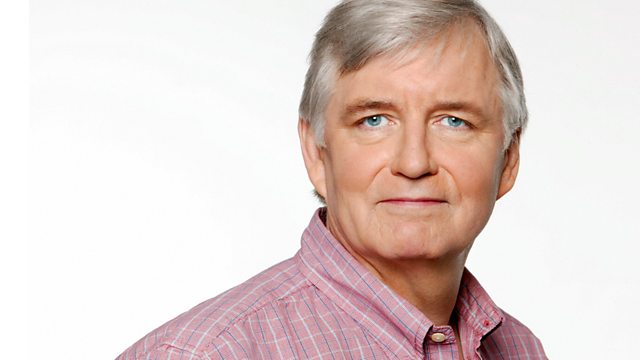Euro 2008 and What to do about Whales
Geoff Watts looks at the top science stories of the week with Daily Telegraph science editor, Roger Highfield.
Geoff Watts looks at the top science stories of the week with Daily Telegraph science editor, Roger Highfield.
Spot the Ball
Free kicks and corners in Euro 2008 may have been hampered by the new football designed for this year’s tournament. Tiny pimples have been introduced across the ball’s surface. According to theoretical physicist Ken Bray, they have made its aerodynamics “too good”, causing headaches for goalkeepers and strikers alike.
What to do about Whales
The growing threat to whale species is being discussed in Chile this week at the International Whaling Commission. It’s not only hunting that’s causing their numbers to dwindle. Whales are caught in fishing nets, hit by ships and affected by climate change and over-fishing. New diseases are also springing up, such as ‘stinky whale’ syndrome. ���˿��� Environment correspondent Richard Black reports from the meeting.
Antarctic Sealife
Whales, penguins and seals are normally what you’d expect to find in the Antarctic. But, as Gabrielle Walker found out, giant clams and ugly worms are far more abundant in the sea. She ventures out with the British Antarctic Survey on a dive near Rothera Research Station.
Four-legged Fish
How did fish evolve to survive on land? A paper published in the journal Nature this week describes a new creature, Ventastega which may help plug an evolutionary gap in our knowledge. The size and shape of an alligator, it had a fish-like tail and four legs each containing around nine toes. Geoff Watts talks to Swedish palaeontologist Per Ahlberg who discovered this fishy beast.
ERNIE – the First Computer Celebrity
ERNIE, the 50 year old random number generator, has just gone on show at the Science Museum in London. It produced numbers for the national Premium Bonds draw, launched by Harold Macmillan, then Chancellor of the Exchequer, in November 1956. The first numbers were drawn the following June by ERNIE, a first generation 'computer' the size of a transit van. Geoff meets one of the original engineers, Jack Armitage and museum curator Tilly Blythe, who has collected cards and poems sent to ERNIE by the British public.
Last on
More episodes
Broadcast
- Thu 26 Jun 2008 21:00���˿��� Radio 4

